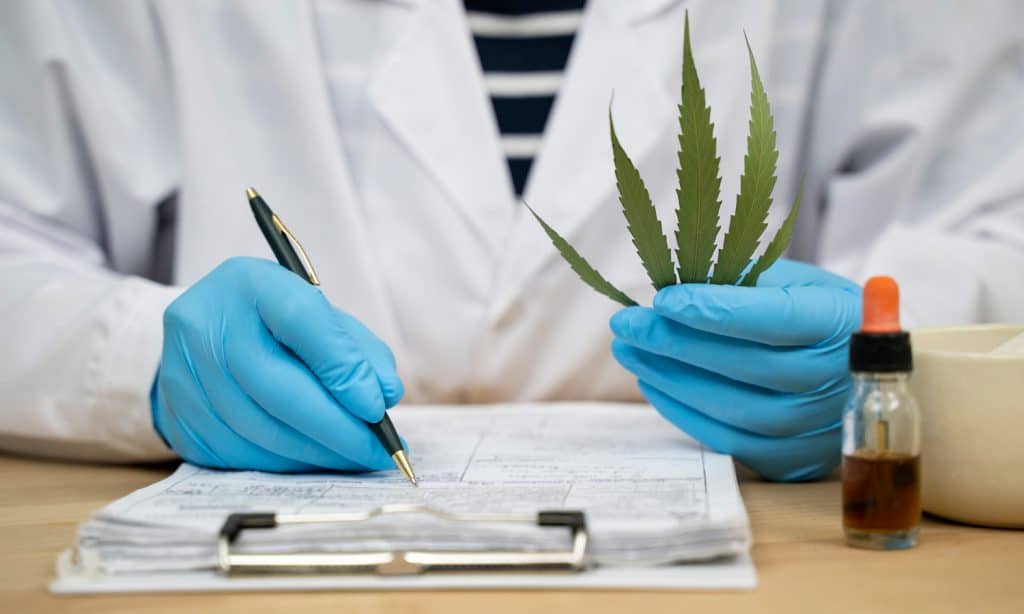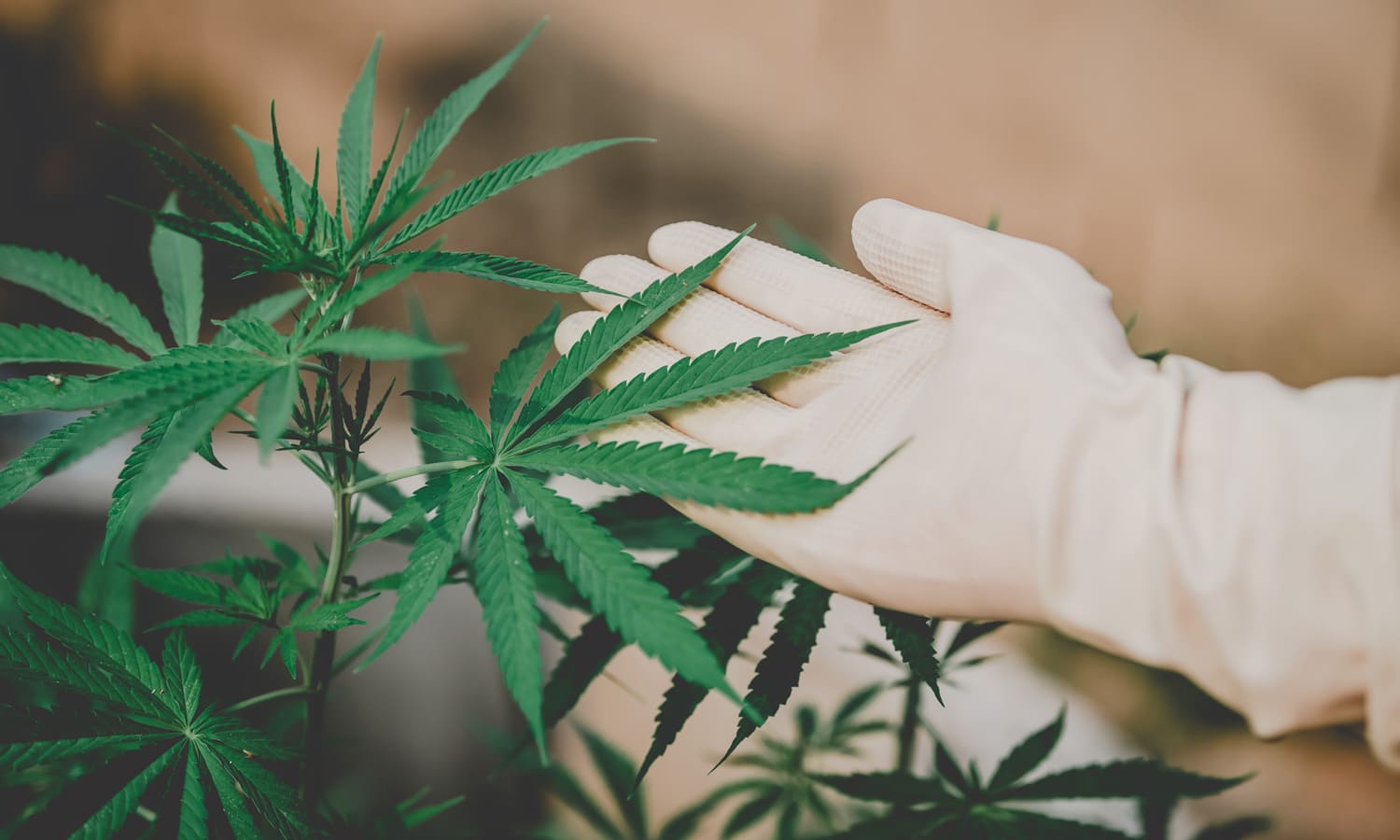The data obtained from these studies may later become part of a new drug application, which is then used to formally propose that FDA approve a new drug for sale in the United States.
The FDA issued draft guidance for clinical research related to the development of drugs containing cannabis or cannabis-derived compounds. The FDA is taking comments and suggestions for the next 60 days. The guidance does not address the development of fully synthetic versions of substances that occur in cannabis.
As part of drug development, sponsors may conduct clinical trials under an investigational new drug (IND) application to determine if a drug is safe and effective for a particular intended use. The IND application provides a mechanism for those developing a new drug to conduct studies and ship their proposed drug to clinical trial sites. The data obtained from these studies may later become part of a new drug application (NDA), which is then used to formally propose that FDA approve a new drug for sale in The United States.
- The following additional principles and recommendations are particularly relevant for
developing drugs that contain cannabis and cannabis-derived compounds:Cannabis is held to the same regulatory standards as any other botanical raw material,
botanical drug substance, or botanical drug product. The general considerations and
recommendations for botanical drugs contained in the guidance for industry Botanical
Drug Development (December 2016) provides core principles for conducting clinical research on botanical drugs, including drugs that contain cannabis and cannabis-derived compounds.
RELATED: FDA And USDA Start Making Sense On Hemp CBD

- In addition, FDA recommends that those pursuing drug development using cannabis or cannabis-derived compounds consider the following principles and documents:
- Adequate characterization of cannabis and cannabis-derived compounds, for example via a chemical fingerprint, is critical to ensure batch-to-batch consistency.
- USP General Chapter <561> Articles of Botanical Origin, particularly regarding tests for residual pesticides, including any pesticides routinely used in the countries of origin of botanical raw materials.
- There may be drug scheduling considerations under the CSA for applicants pursuing FDA approval of an NDA for a drug that contains cannabis or cannabis-derived compounds. FDA’s review of the NDA may include an abuse potential assessment to inform labeling and to provide DEA with a scientific and medical evaluation of the drug’s abuse potential.
RELATED: DEA Seeks To Expand Marijuana Research Opportunities
- The human major metabolite of cannabidiol, 7-COOH-CBD, is expressed disproportionately in humans compared to animals. While disproportionate metabolism is not limited to botanical products, FDA would like to make stakeholders aware that this is a known issue with certain cannabinoids.
- Activities related to growing and manufacturing cannabis for use as an investigational drug for research must comply with CSA and DEA requirements
This article originally appeared on Green Market Report.


